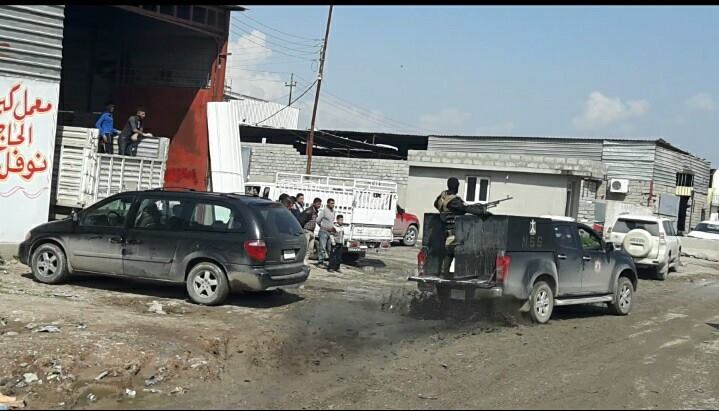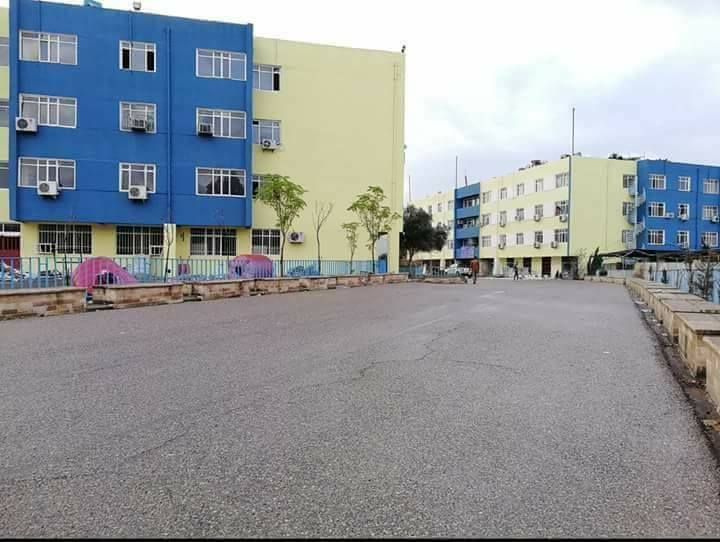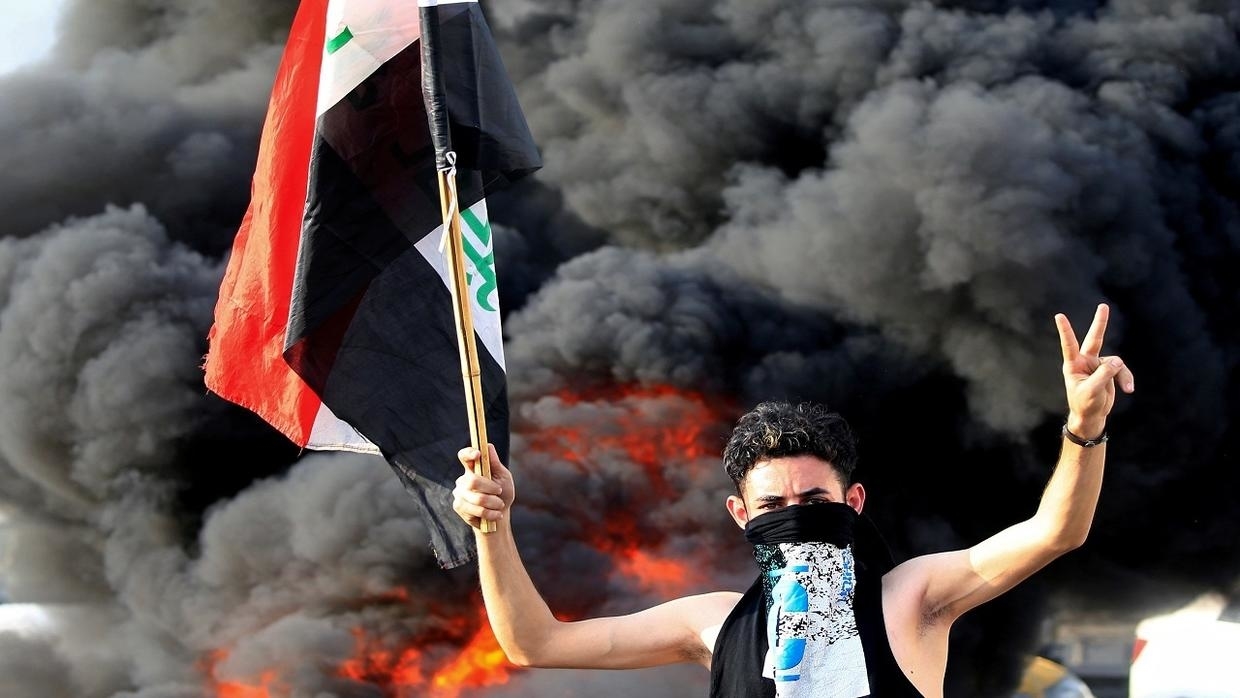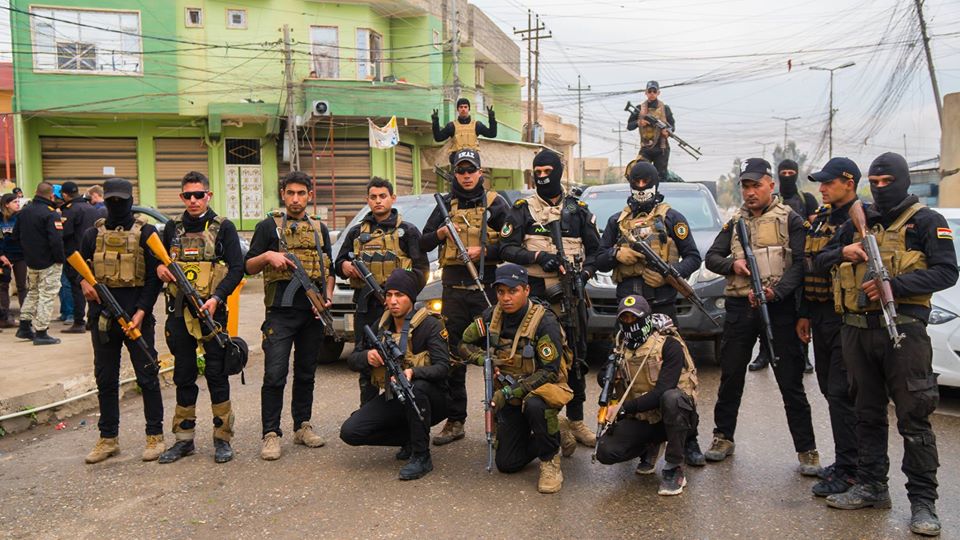The National Security Agency operating within Mosul’s directorate of security has denied that any Mosul University students were arrested for supporting the demonstrations in Baghdad and other Iraqi provinces through calling for a civil disobedience movement.
Hundreds of students of Mosul University have been on strike for the fourth consecutive day to show solidarity with protesters by boycotting classes.
Lieutenant Kadhim Ballawi from the national security agency described reports suggesting that three students have been arrested by the agency were detained for urging for the launch of a civil disobedience movement as “false and baseless”.
Speaking to KirkukNow, Ballawi accused some groups of “trying to exploit the unstable situation in Mosul and other parts of Iraq to publish propaganda aimed to re-create a gap between the security forces and the citizens, and this time through targeting the National Security Agency with false accusations.”
"Despite the presence of students at the campus, they are boycotting classes; amid growing scale of protests and rising calls by demonstrators for civil disobedience,” sources from Mosul University told KirkukNow.

Ninewa- National Security Agency personnel patrolling Mosul neighborhoods, 2019 Photo: The agency’s media office
Lieutenant Kadhim Ballawi indicated that “security forces are cooperating with the people of Mosul and that all are keen to maintain stability and overcome the crisis.”
Civil disobedience is the active, professed refusal of a citizen to obey certain laws or commands of a government to demand putting an end to injustices.
An early depiction of civil disobedience is in Mahatma Gandhi's peaceful resistance campaign for social justice and his protests for Indian independence from the British Empire.
Earlier, Mosul University students spoke to KirkukNow about “the deployment of security personnel in and around the campus,” indicating that they were tasked with “monitoring the students’ activities and arresting the influential ones before they manage to unify the position of students.”

Mosul University’s college of Economy & Business Management
The unrest in Baghdad and several southern provinces began in early October, with Iraqis protesting high unemployment and the government’s inability to deliver basic services and repair crumbling infrastructure. So far more than 260 protesters have died and thousands more were injured.
Security Authorities in Mosul had banned residents from organizing rallies in support of the demonstrations in Baghdad and the south, according to a civil society activist who spoke on condition of anonymity.
“We submitted requests to the Ninewa Operations Command twice to permit the holding of support rallies in Mosul, but they refused without declaring the reasons,” the activist told KirkukNow.
In an interview with KirkukNow on October 9, Lieutenant Generl Noman al-Zawba’i, commander of the Ninewa Operations Command, said “Mosul and other parts of Ninewa have not witnessed protests similar to what is seen in Baghdad and other cities because the residents have learned the lesson and are aware of enemies’ plots to return the cities liberated from ISIS back to the first square.”
Over the past two days, Facebook, Twitter, Instagram and other social networks have been witnessing calls by activists for launching civil disobedience, urging government employees to join the protests.
Iraqi demonstrators are demanding the resignation of the government, the enactment of a new constitution for the country, which has been ranked 12th in the list of most corrupt countries in the world.






